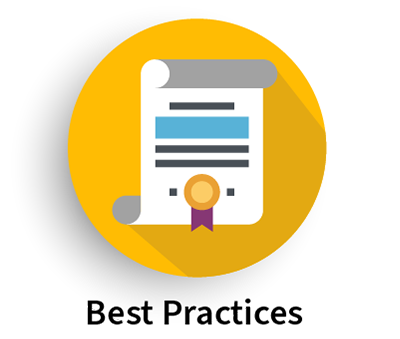We deliver a valuable consulting service that seeks to ingrain the principles of HCD throughout the organization and make it a core competency. The focus is on aligning customer needs with business decisions, enabling the swift delivery of significant solutions.
Our consulting services primarily extend to operational support for ISG teams needing HCD resources, while also enhancing their HCD maturity. The consulting team comprises Senior Human-Centered Design Strategists with vast tactical expertise and practical knowledge in research and design fields.
Our Consulting Domains:
Design Evaluation: This systematic, expert review or Heuristic Evaluation of a product or service design against established usability principles helps identify potential usability issues. This process guides improvements, ensuring an optimized and customer-centric final product.
Design Process: The service applies insights from research to shape your process in developing a visual representation of an experience, service, or policy. Through a range of design methods and activities, solutions are created to ensure that the product or service aligns with the needs and goals of the target customer. Common design methods encompass information architecture, prototyping, visual design, and instructional design.
Office Hours: Our office hours are designed in a “lean coffee” format, where we explore HCD topics chosen by members of the community.
Maturity Evaluation: HCD CoE helps evaluate the organization's maturity level in terms of the adoption and implementation of HCD. This involves a comprehensive assessment of current processes, workflows, tools, and the skill set of team members. The outcome of this evaluation allows organizations to understand their current state, identify gaps, and create an effective roadmap for enhancing their HCD maturity.
Program Observation: Our team carries out detailed observation of your programs to enhance its HCD maturity. We attend your planning meetings and provide targeted guidance to integrate HCD best practices for the creation of customer-centric products and services.
Research Process: Recognized as a cornerstone of HCD, research connects directly with the customer, enabling the evaluation and construction of experiences, services, or policies. We offer essential guidance and insights into government policies, such as the Paperwork Reduction Act, advise on best practices and research methods to arm your business with insight into their customers/users' needs and goals for your product or service. Some prevalent research methods include surveys, interviews, card sorting, and usability testing.
The HCD CoE's consulting services aim to integrate the human-centered approach into operations, fostering a culture of empathy, and a commitment to addressing users' needs and goals in the design and delivery of services.
 ISG Playbook
ISG Playbook APIs
APIs






